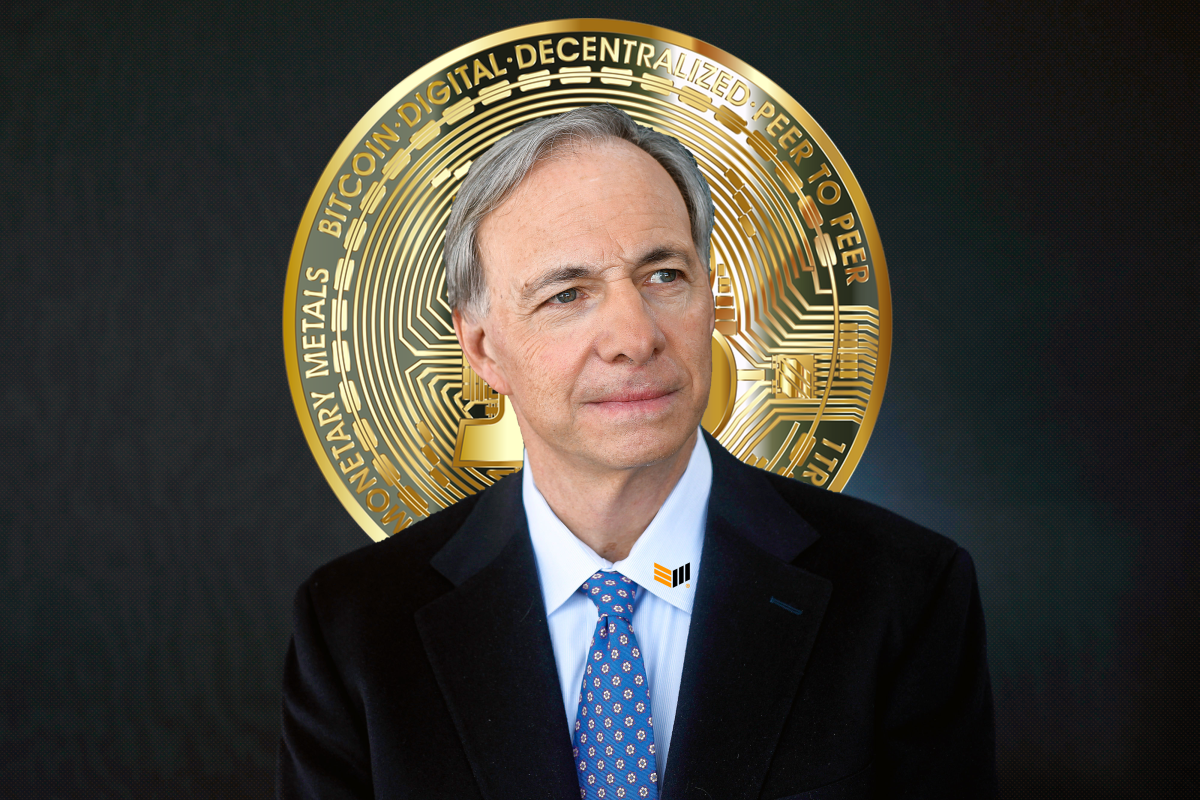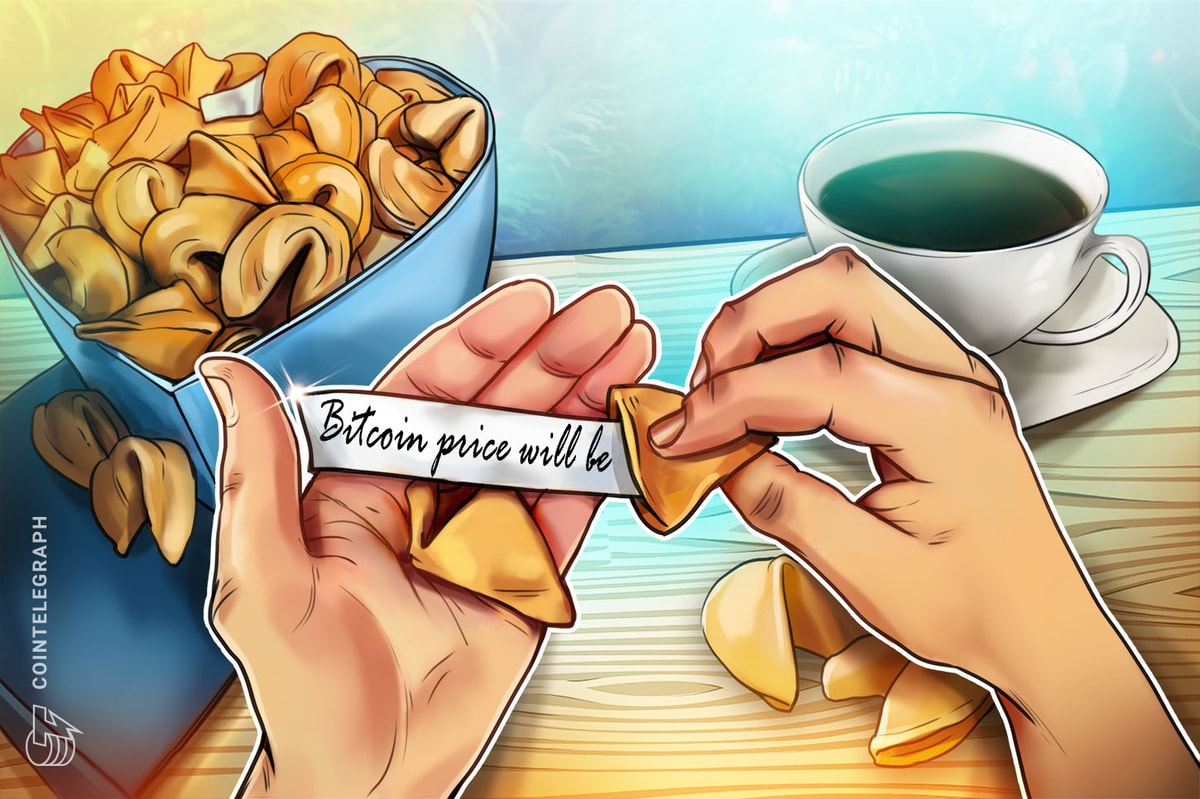Ray Dalio, co-chief investment officer of Bridgewater Associates, one of the world’s largest hedge funds, owns some Bitcoin, but in an interview with CNBC on Wednesday he demonstrated that he still doesn’t understand or believe in it as a superior store of value to gold.
Dalio believes that governments can kill the globally distributed Bitcoin Network, but he has not commented on how that could be possible.
“I think at the end of the day if it’s really successful, they will kill it and they will try to kill it. And I think they will kill it because they have ways of killing it,” Dalio told Andrew Sorkin on CNBC’s “Squawk Box” at the SALT conference in New York.
While regulations for Bitcoin will surely develop in the coming years, and popular on-ramps and off-ramps to investing may have to tighten their restrictions or close altogether in some regions, it is impossible to stop Bitcoin transactions.
Dalio generalized, “You have El Salvador taking on it and you have India and China getting rid of it. And you have the United States talking about how to regulate it and it could still be controlled.”
Dalio’s statement grossly understated the fact that El Salvador has adopted Bitcoin as a legal tender, putting Bitcoin in direct competition with the dollar as currency in that nation. It is important to note that while Bitcoin is arguably the strongest asset in the world, the dollar maintains its hold as the world’s strongest currency.
Furthermore, China hasn’t gotten rid of Bitcoin at all. They have recently banned Bitcoin mining, which ended up being a rather poorly thought out attack on the network, resulting in China being removed as a serious contender for Bitcoin’s global hash rate.
During the interview, Dalio also said that Bitcoin doesn’t have intrinsic value. This is a fundamental flaw in the thinking of many traditional investors and Keynesian economists. Nothing has intrinsic value. There is no such thing as objective worth. Value is completely subjective, as most Bitcoiners would readily admit.
The idea that value is subjective is oft-parroted by economists who are trying to create constant measures where really there are none. This misunderstanding stems from physics envy. It stems from Keynesian economists pretending economics is a hard science. It is not.
“There are so many things in a historical perspective that didn’t have intrinsic value and had perceived value. And then it went hot and it became cold. It could be either way. You just have to know what it is. It could be Tulips in Holland,” Dalio said.
Nonetheless, lack of knowledge has not prevented the billionaire investor from buying Bitcoin as a hedge against inflation, which would indicate that he does understand that Bitcoin is one, if not the best store of value across space, time, and scale.
“I think it’s worth considering all the alternatives to cash and all the alternatives to the other financial assets. Bitcoin is a possibility. I have a certain amount of money in bitcoin.”
To conclude, Dalio admitted, “It is an amazing accomplishment to have brought [Bitcoin] from where that programming occurred to where it is through the test of time.”
Still, the investor has made it abundantly clear that he believes gold is a better store of value.
“If you put a gun to my head, and you said, ‘I can only have one,’” Dalio said in another interview with CNBC, “I would choose gold.”
Why He’s Wrong
While gold has historically been a hedge against fiat inflation, bitcoiners believe that Bitcoin has subsumed gold in its functions, virtues and necessity.
Bitcoin is more salable across space, time, and scale than gold. The issuance of Bitcoin will stop at 21 million coins, whereas gold will be mined until none exists anywhere in the universe. The only thing limiting the inflation of the gold supply is the amount of resources we devote to the task of mining it, and on that front, we’ve barely scratched the surface of the earth.
One explanation for Dalio holding gold over Bitcoin as a store of value is a misguided belief that Bitcoin will be simply outlawed by the U.S. government. Bitcoin as a network and a currency, however, is resistant to government capture, unlike gold.
Indeed, as we have seen over and over again in China and India, Bitcoin can be regulated, but it cannot be stopped. Governments have no control over the protocol, and no power to halt, alter or confiscate Bitcoin transactions.
At the same time, the physical nature of gold, and the impracticality of storing it safely makes it easily confiscatable by third parties and governments alike. Note that all standard Good Delivery Gold Bars must be held in third party custody to be recognized as valid, and the vast majority of investors’ gold is held in banks.
For now, Dalio just doesn’t see Bitcoin as a store of value, which is arguably its strongest and one of its most obvious virtues:
“I just think of it as diversification,” he said.











